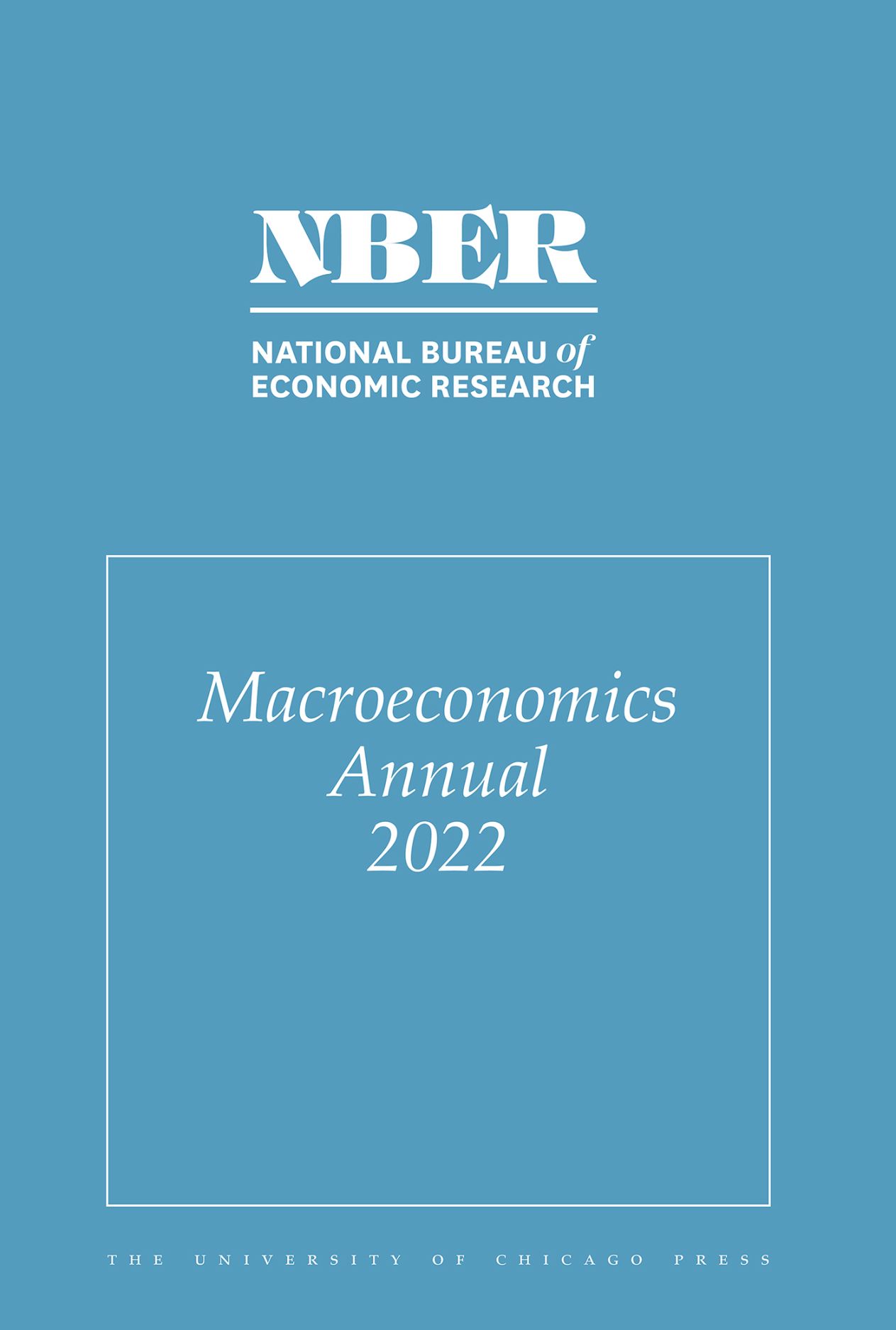Comment
IF 10.7
1区 经济学
Q1 ECONOMICS
引用次数: 0
Abstract
The authors develop a climate-economy framework whose main purpose is to illustrate the importance of taking “the unknown” seriously in this area. More precisely, the paper considers risk, model ambiguity, and model misspecification. The focus is on the decision problem of a plannerwhose preferences embody uncertainty aversion. That is, amarket outcome is not considered. The key contribution of the paper is to propose a framework—that is, methods useful for addressing this kind of issue—and then to apply it to three examples. None of the examples can be viewed as full-fledged, quantitative settings, so it is difficult to draw concrete policy conclusions from them. At the same time, they illustrate possible magnitudes that could arise. Overall it is an impressive paper. My commentswill be organized into three sections: Iwill discuss the broad motivation for focusing on uncertainty, I will comment on the specific modeling approach, and I will make concluding remarks.评论
作者制定了一个气候经济框架,其主要目的是说明在这一领域认真对待“未知”的重要性。更准确地说,本文考虑了风险、模型模糊性和模型错误指定。重点研究了偏好体现不确定性厌恶的规划者的决策问题。也就是说,没有考虑苦杏仁的结果。本文的主要贡献是提出了一个框架——也就是说,有助于解决这类问题的方法——然后将其应用于三个例子。没有一个例子可以被视为全面的、定量的背景,因此很难从中得出具体的政策结论。同时,它们说明了可能出现的幅度。总的来说,这是一篇令人印象深刻的论文。我的评论将分为三个部分:我将讨论关注不确定性的广泛动机,我将评论具体的建模方法,我将发表结论性意见。
本文章由计算机程序翻译,如有差异,请以英文原文为准。
求助全文
约1分钟内获得全文
求助全文
来源期刊

Nber Macroeconomics Annual
ECONOMICS-
CiteScore
5.10
自引率
0.00%
发文量
23
期刊介绍:
The Nber Macroeconomics Annual provides a forum for important debates in contemporary macroeconomics and major developments in the theory of macroeconomic analysis and policy that include leading economists from a variety of fields.
 求助内容:
求助内容: 应助结果提醒方式:
应助结果提醒方式:


